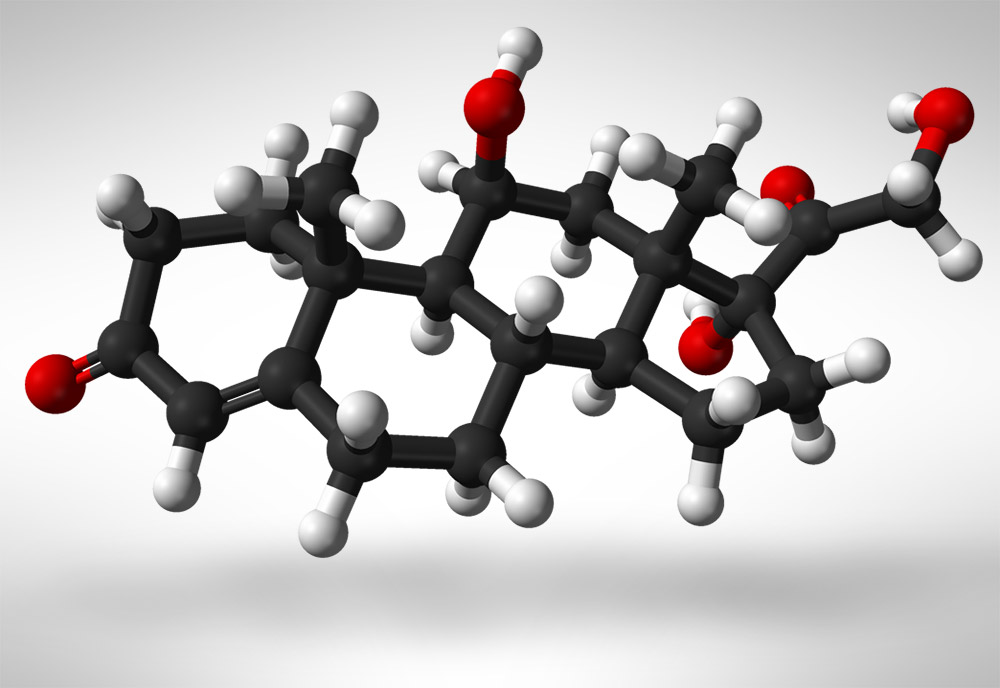
VA Researchers Explore the Possibility of Taking the Trauma Out of Traumatic Memories
It took a big asteroid to convince the dinosaurs to become extinct. But some day it may only take a little pill to do the same thing to posttraumatic stress disorder.“We can’t make the traumatic memory in your head go away,” said Dr. Alina Suris, chief of psychology at the VA North Texas Health Care System in Dallas. “But we might be able to take away the intense emotions associated with that memory, so that it’s simply a memory and no longer upsetting.”
Running Interference
Suris and her team of researchers have done some preliminary studies in which they’ve successfully interfered with traumatic memories at the cellular level. She emphasized that her research, while promising, is still in its infancy.
“We’re not erasing memories,” she explained. “We’re quieting the emotions associated with those memories. You’ll still have the memory. You’ll still remember seeing your friend killed in Iraq, but your emotional response to that memory won’t be so overwhelming, or debilitating.”
Anywhere from 11 to 20 percent of Iraq and Afghanistan Veterans develop PTSD, according to VA estimates. Symptoms include flashbacks, nightmares, depression, social withdrawal, emotional numbing, hyper-alertness, anxiety and irritability.
Cue the Cortisol
“Traumatic memories can be ‘cued’ at any time,” Suris continued. “You’ll see something on TV. Or you’ll see a green Army truck going down the street. When a traumatic memory is triggered, something happens at the cellular level. There’s a chemical response that involves cortisol.”
Cortisol, known more formally as hydrocortisone, is a steroid hormone. It is released by the body in response to stress.
“Your heart may start to race,” Suris said. “Your palms may get sweaty. A panic may begin to rise up inside you…
“The facts regarding your traumatic experience remain the same. We’re simply changing how you think about those facts — how you react to them.” — Dr. Alina Suris
Follow the Script
“But what if we could interfere with that chemical response?” she asked. “What if we could intercept it before it really gets going?”
During her preliminary research, Suris and her team asked Veterans to write down their most traumatic battlefield experiences. Once a Veteran captured his most terrifying experience on paper, researchers edited it down into a 30-second script.
During a follow-up visit, the Veterans were asked to relax in a comfortable recliner. Each Veteran was then given either a steroid pill or a placebo pill. After the medication was given a chance to work, they listened while a narrator recited their 30-second script to them.
A Good Defense is the Best Offense
“We know that Veterans with PTSD have trouble mounting a cortisol defense to help them deal with memories that get triggered by certain cues,” Suris said. “We believe that by giving oral steroids, we may be able to supplement what the body needs to handle the trauma memories in a more healthy way.”
The results have been encouraging, to say the least.
“During our follow-up assessments, those Veterans who received the steroid expressed significantly fewer PTSD symptoms,” Suris reported, “while those who were given a placebo continued to have significant symptoms such as avoiding places, people, activities or thoughts that remind them of their trauma.”
Thirty Seconds
currently, the two most common therapies for treating PTSD are Cognitive Processing Therapy and Prolonged Exposure Therapy.
“These are good, evidence-based therapies,” Suris said. “They work. They are the best we have right now. But what if 30 seconds and a pill would be just as effective? It would be quick, efficient, and economical. Most important, it would likely be more palatable to Veterans because of significantly less demand on their time in therapy.
“Our Veterans deserve the best we can offer them,” she added. “That’s why we invest heavily in research here at VA and are constantly looking for ways to improve the care we provide.”
To learn more about how VA is helping Veterans with PTSD, visit www.ptsd.va.gov.
– See more at: https://www.va.gov/health/NewsFeatures/2014/July/Vanquishing-PTSD-at-the-Cellular-Level.asp#sthash.HQXpLjcU.dpuf
